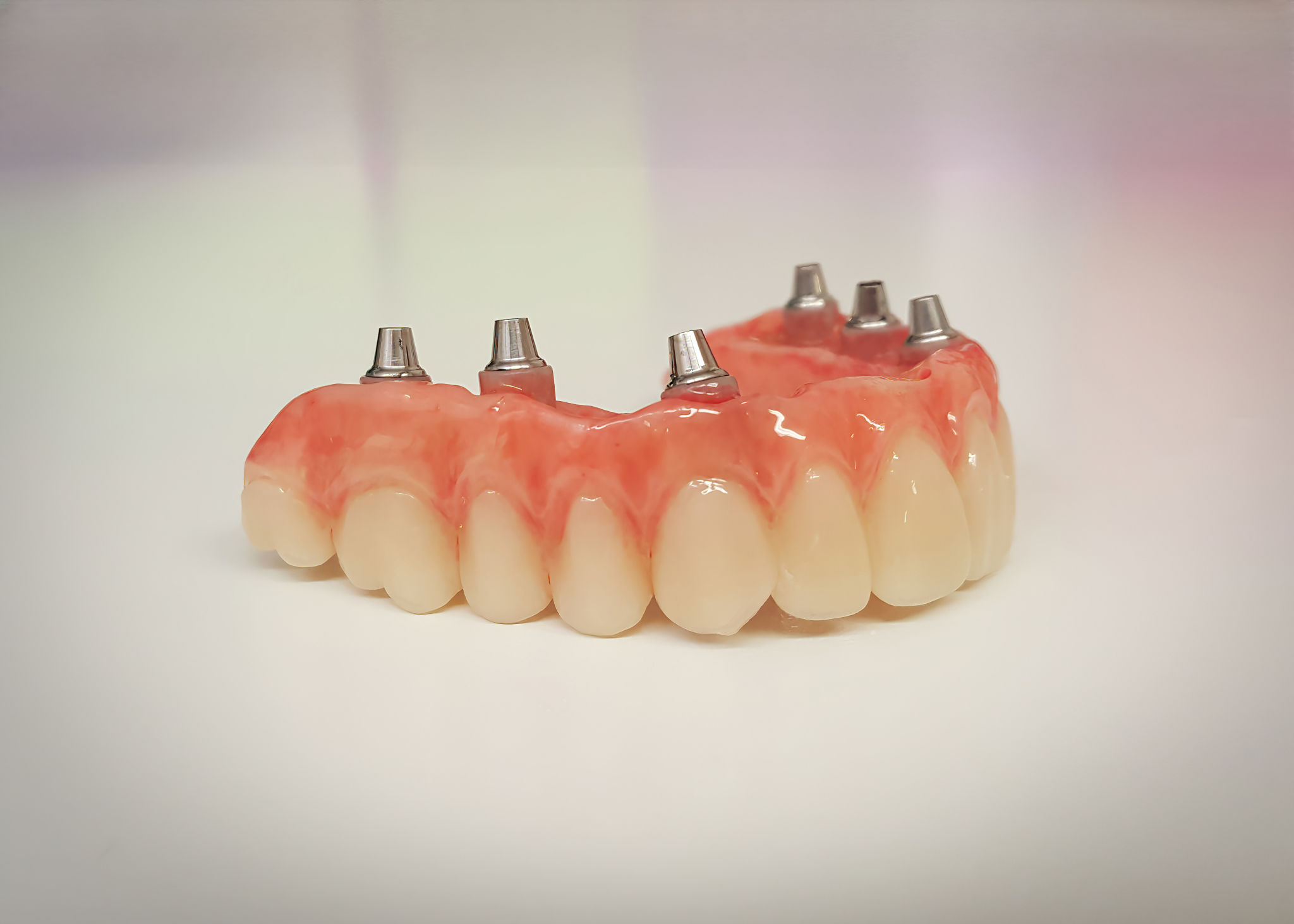Dental Implants vs. Dentures: Which is Right for You?
When it comes to replacing missing teeth, two popular options stand out: dental implants and dentures. Both have their advantages and disadvantages, and choosing the right option depends on various factors, including your oral health, lifestyle, and budget. This article will help you understand the differences between dental implants and dentures, so you can make an informed decision about which is right for you.
Understanding Dental Implants
Dental implants are permanent fixtures that replace missing teeth. They consist of a titanium post implanted into the jawbone, a connector (abutment), and a crown that resembles a natural tooth. Implants are known for their durability and ability to mimic the appearance and function of natural teeth.
One of the main benefits of dental implants is their permanence. Once placed, they can last a lifetime with proper care. They also help maintain jawbone density, preventing bone loss that often occurs with missing teeth. However, dental implants require a surgical procedure and a healing period of several months.

The Advantages of Dentures
Dentures are removable appliances that replace missing teeth. They come in two types: full dentures for replacing all teeth in an arch, and partial dentures for replacing a few missing teeth. Dentures are usually more affordable upfront compared to dental implants and can be fitted without surgery.
One of the key benefits of dentures is their non-invasive nature. They can be adjusted or replaced easily if needed, and modern dentures are designed to look quite natural. However, they may require regular adjustments as the shape of your gums and jaw changes over time.

Comparing Costs
Cost is often a significant factor when choosing between dental implants and dentures. Dental implants generally have a higher initial cost due to the surgical procedure and materials involved. However, because they are a long-term solution, they may be more cost-effective over time.
Dentures typically cost less upfront but may require replacement or realignment every 5 to 10 years. Additionally, there may be ongoing costs for adhesives and cleaning solutions. It's important to consider both immediate and long-term costs when making your decision.

Lifestyle Considerations
Your lifestyle can also influence your choice. Dental implants offer greater stability, allowing you to eat a wider variety of foods without worry. They also do not require removal for cleaning, adding convenience to daily routines.
On the other hand, dentures may be suitable if you prefer a non-permanent solution or if your jawbone is not suitable for implants. They offer flexibility in terms of removal and are easier to modify if additional teeth need replacing later.
Making Your Decision
Ultimately, the choice between dental implants and dentures is personal and should be made in consultation with your dentist. Consider your current oral health, financial situation, and personal preferences when weighing your options.
Your dentist can provide detailed information on both options, help you understand the potential risks and benefits, and guide you toward the best solution for your needs.
